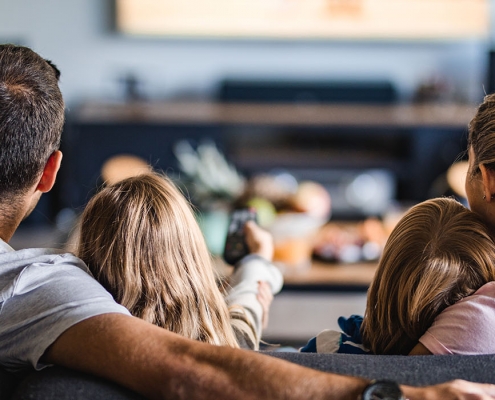Tag Archive for: self-respect

That’s Not How We Do It in Our Family
Over the years our children have come home and said things like, “You know, Eric’s family watches TV during dinner.” To which we would respond. “That’s nice, but that’s not how we do it in our family.”
Our response served two…

United We Go – Up Up and Away
I’ve got a lot bouncing around in my head lately, and although it's about our country, very little of it has to do with Washington. Fact is, I think it has something to do with what I see as the state of our "United" States.
Is Dr. Dao of…

Self-Respect – A Key Parenting Ingredient
Teaching our children respect for others starts with teaching them respect for us, and this can be done without sacrificing our children's individuality or personal development. First, we have to believe in the importance of our role as parents,…
